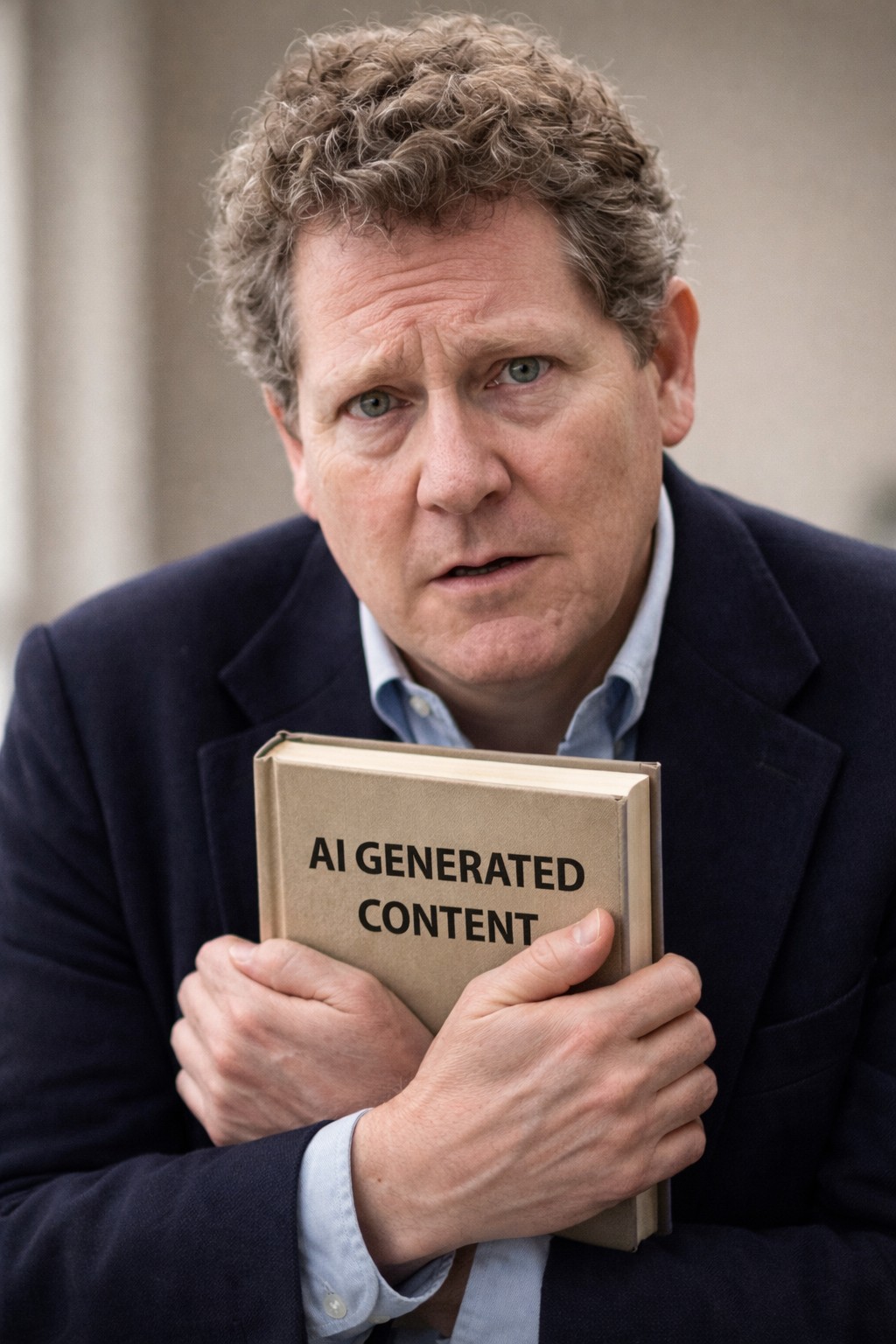The fallout from Jeffrey Epstein's transgressions spans oceans and continents, affecting over 1,000 victims as documented by the Justice Department. With the wheels of justice slowly turning, the world will soon witness the unveiling of crucial information related to Epstein's network.
President Donald Trump, who has faced scrutiny for his past association with Epstein, has signed a bill forcing the Justice Department to disclose many files related to the late financier's activities. This pivot is notable given Trump's previous efforts to suppress this information, revealing a rare concession in a Republican-led Congress.
Interestingly, even in a deeply divided nation, officials agree on the importance of exposing Epstein's sex trafficking web. However, certain aspects of the case remain shrouded, as the new legislation provides protection for some files. Trump has consistently asserted his ignorance regarding Epstein's criminal activities.
The scandal particularly implicates various powerful figures, including economist Lawrence Summers. Recently unveiled emails reveal that Summers maintained contact with Epstein, seeking advice years after Epstein's conviction. This has already cost him positions with prestigious organizations such as OpenAI and Harvard.
Meanwhile, in a dramatic fall from grace, Prince Andrew has lost his royal title and duties due to his connections with Epstein. His alleged involvement in Epstein's crimes and a disastrous 2019 BBC interview compounded the scrutiny surrounding him, resulting in his displacement from royal residence.
The political landscape is similarly shaken, as Trump finds his carefully curated image of control undermined. Following political squabbles within his party regarding the Epstein files, Trump is forced to navigate a crisis of his own creation. As new information surfaces, we observe how the intricate ties between power and accountability are being tested decisively.
As the fallout continues, it becomes clear that the repercussions of Epstein's actions could influence political alliances and institutional reputations for years to come, prompting urgent discussions on ethics, responsibility, and the protection of victims.






















